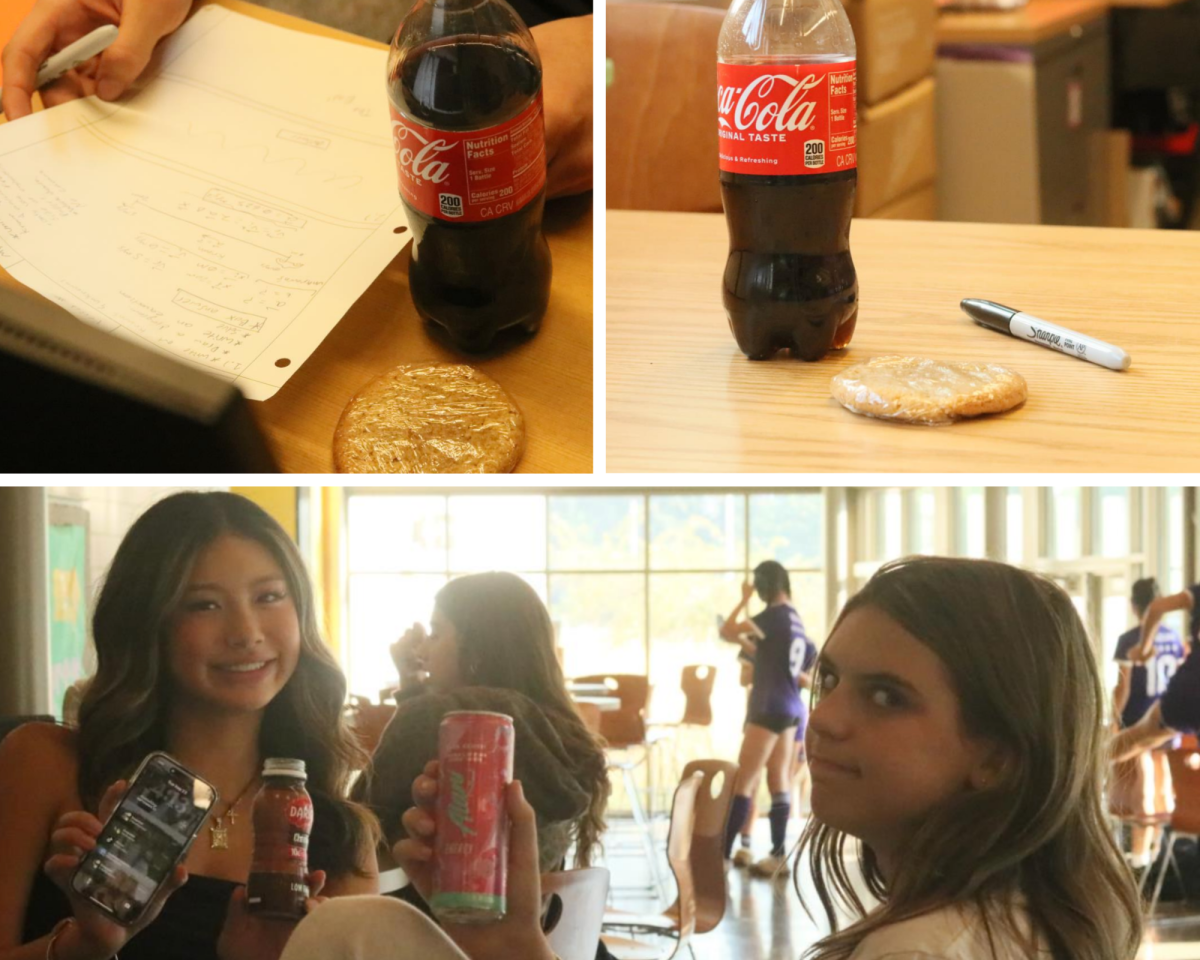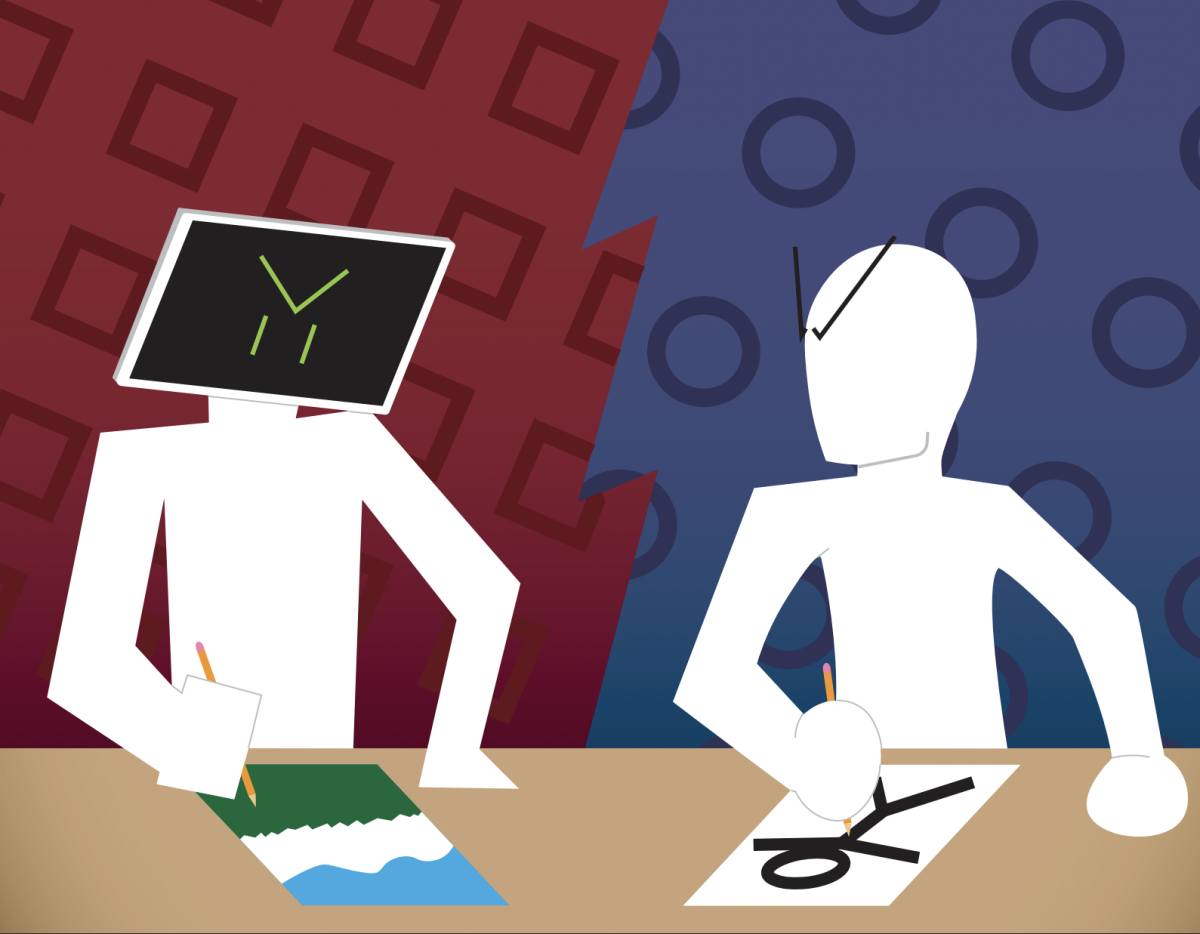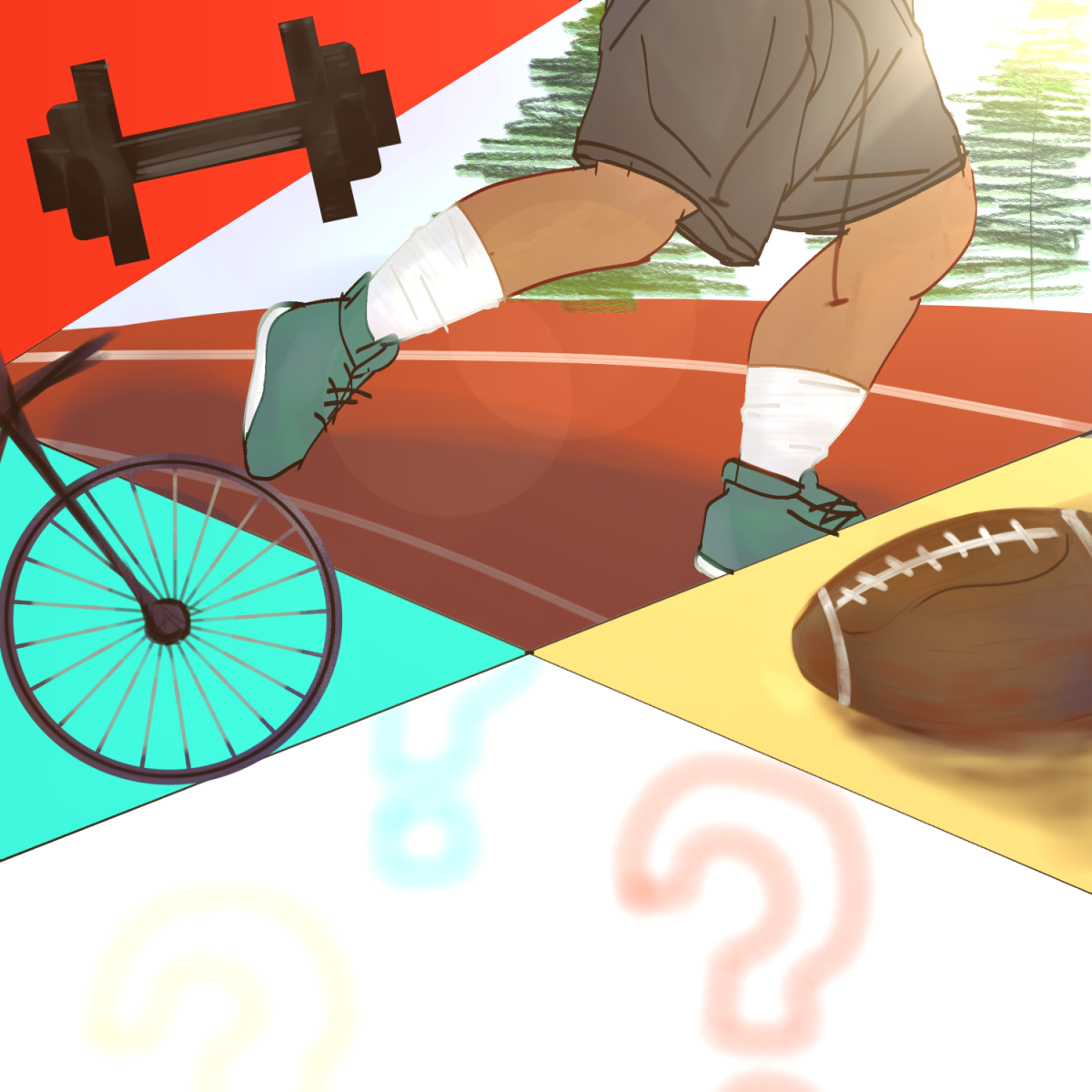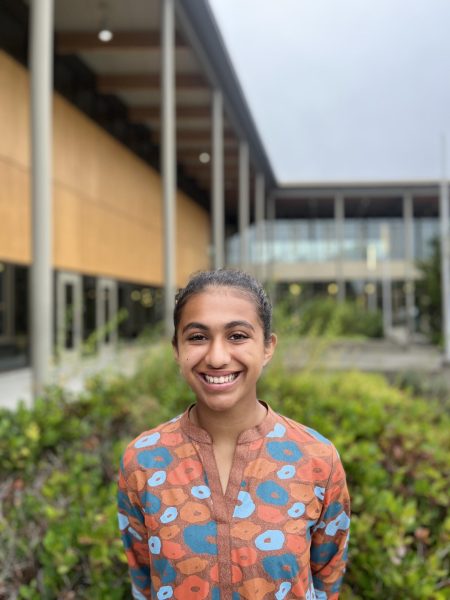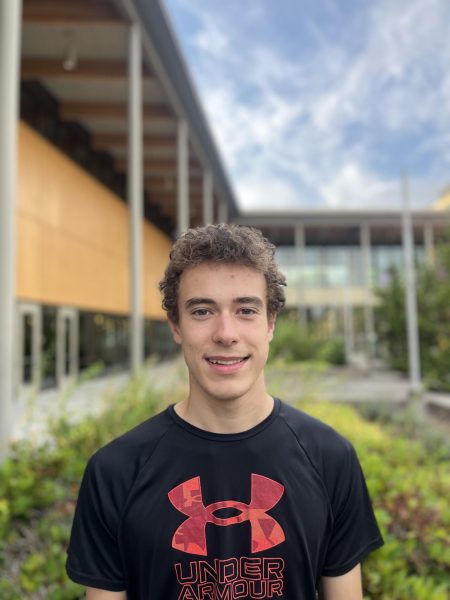The clock starts ticking. The room silences immediately, as the speaker stands up and clears their throat. They had prepared for this moment a full month ago—through all the adversity and hours of preparation, they had made it. The part the audience sees is what is right in front of them. The part they do not see is what goes on behind the scenes. Welcome to the world of debate.
Taite Kirkpatrick, a 2025 National Speech and Debate Association student of the year, from Mount Vernon High School, WA, said, “By inspiring courage, creating community, and empowering voices, speech and debate give us hope that by speaking up today, we can shape a better tomorrow.” So, what goes on behind the scenes for the IHS debate club?
In the IHS Debate Club, there are three main types of debate: Public Forum, World Schools Debate, and Speech.
Public Forum is the most popular type to participate in, as debaters get a new topic each month to prepare with their teams. This type features a two-versus-two format highlighting teamwork and persuasive speaking. World Schools Debate features a three-versus-three format, consisting of teams of five, that rotate each round. This type of debate is split into two parts, impromptu and preparation rounds. Debaters are not allowed to use computers, and instead, get only one hour to prepare for the impromptu round. In a preparation round, the debaters get access to a topic, to prepare beforehand, and a tournament invite. The World Schools Debate encourages collaboration and quick thinking. Speech is an individual event consisting of three different parts. The first is Original Oratory (OO), where debaters self-write and deliver a ten-minute persuasive speech on a topic of their choice. The second is Impromptu, which challenges debaters to create a five-minute speech with only two minutes to prepare, and no computer is allowed. The third is Extemporaneous Speaking (Extemp), where students get thirty minutes to research and prepare a seven-minute speech, using their computers for support. Speech highlights thinking on your feet and thorough research to prepare for success.
Debate includes both individual and team events, and many require teamwork. At the IHS Debate Club, board members lead meetings and help establish a welcoming and positive environment. This environment emphasizes teamwork and supporting each other, leading to building strong bonds, and a connected team. Junior Maris Menenberg (the president of the IHS Debate Club) says, “Though it may seem like a super aggressive activity at times (which it definitely can be!), debating can be vulnerable—and requires blood, sweat, and tears. It’s the combination of that which creates such a strong bond in our team.”
The journey of many debaters starts with their own growth and learning, making the experience go farther than the competition itself. Jonathan Daugherty, the club advisor, says, “Winning is hard. Most students have to lose before they can win. Helping students overcome the adversity associated with the activity is highly rewarding.” Junior Ben Macario explains, “The three main skills I have learned and grew in this setting would be the ability to engage in research and academic study, high levels of collaboration with partners and teammates, and advanced public speaking skills through discourse.” Freshman Adelyn Monahan agrees, saying that when the president of the debate club, Maris, helped her out, she was very thankful, learning and growing in many ways. Menenberg adds, “Exploring various perspectives, confidently sharing my opinions, and being concise are by far the biggest skills I’ve gleaned from debate.” In the end, these experiences show that debate is not just about arguing about a topic; it is about growing as a teammate, speaker, and thinker.
Daugherty continues, “Not everyone can become a champion, but most students have the ability to be effective communicators.” Debate is a truly powerful event that empowers and encourages people to grow, challenge each other, and harness speaking and thinking skills that are very valuable in school, careers, and everyday life. Students can become more respectful of other perspectives, more confident in their own opinions, and more prepared for real-world conversations. Debate offers a space for important connections and growth. As the conversation came to an end, Menenberg added, “I would give the advice to challenge everything. Even if it’s just in your head, the act of noticing something (in your family, society, school, etc.) and questioning its merit is the foundation of what debate is: it’s the most valuable skill you develop: critical thinking through powerful speech.” No matter your experience level, whether you are a beginner, or an expert in debate, there is a place for everyone in the IHS Debate Club. Be sure to come check it out every Monday, Tuesday, and Thursday, after school in room 3311!


